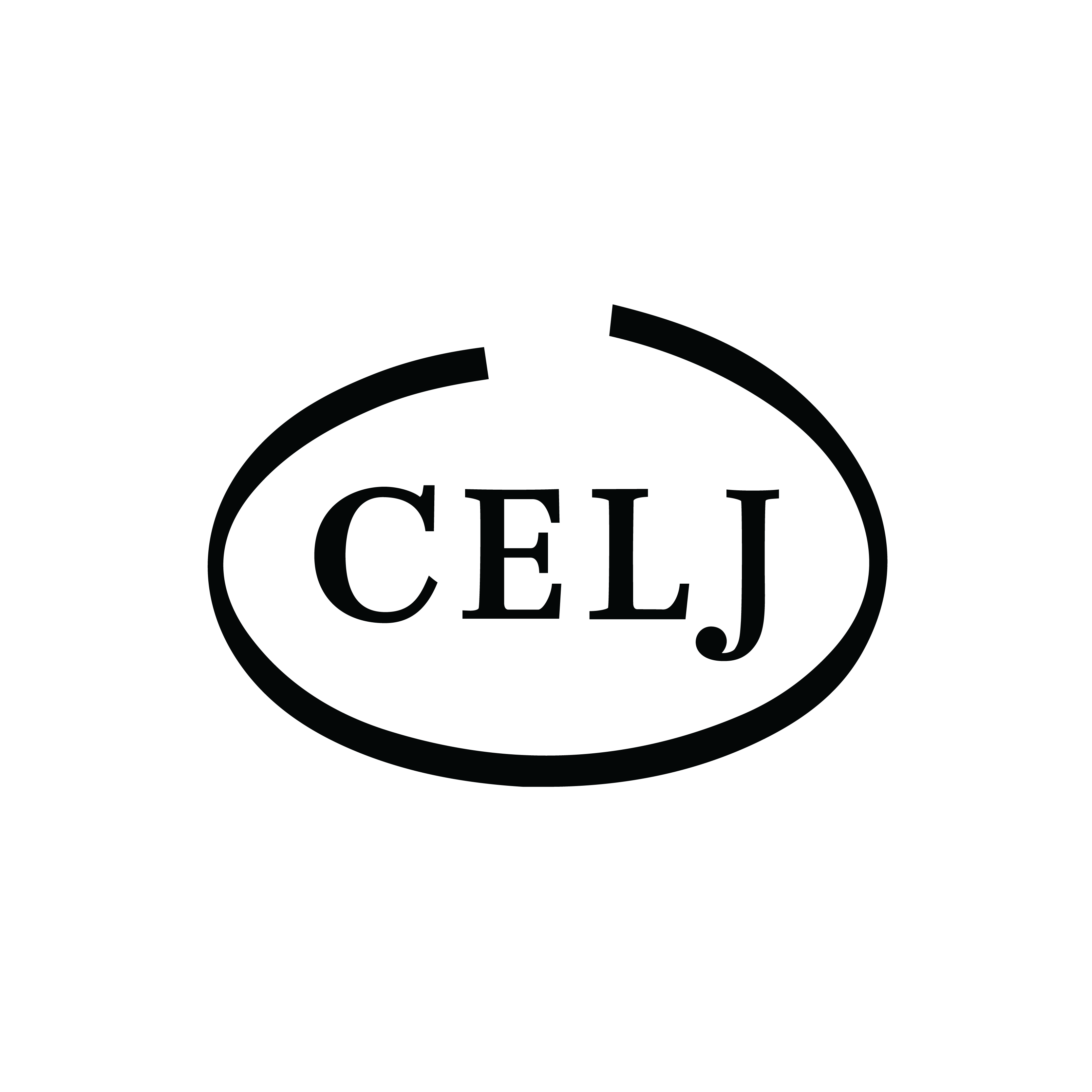Logging On
Cheryl Ball, Editor
Comings and Goings
It's an ever-changing world here at Kairos, where we have said farewell to several staff members and welcome to a few others! Leaving us for bigger and better things are
- PraxisWiki Co-Editor Kathryn Perry, who is starting a new tenure-track job at Cal State L.A.;
- Associate Editor Phill Alexander, who has moved into a new lectureship in game studies at Miami of Ohio;
- Associate Editor Dawn Opel, who is starting a tenure-track job at Michigan State; and
- Associate Editor Carly Finseth, who is moving into her second year on the tenure-track at Boise State University.
We are happy to have had these folks on staff for the last few years and wish them well in the coming endeavors! As they transition off the Kairos team, we have added Lauren Neefe as a KairosCast Fellow on a one-year term, and five new staff members as assistant editors:
- Ashanka Kumari, from University of Louisville
- Hilarie Ashton, from CUNY Graduate Center
- Lucy Anne Johnson, from Washington State University
- Rich Shivener, from University of Cincinnati
- Rick Wysocki, from University of Louisville
These AEs take up a newly created entry-level position as editors who will work primarily on project-based copy-editing and transcription services for PraxisWiki, KairosCast, and other projects like ScholarNames. As we have openings for Associate Editors (to which we promoted all current production AEs with the previous issue), we will look to folks in these entry-level positions to promote first, thus creating a stepping stone for promotion within the journal and a entree to Kairos that allows us to train graduate students and other junior scholars (or just those new to editing in digital media) in the ways of sustainable editorial production for online journals.
Open Call for C&W Proceedings Editor-in-Training
Speaking of editorial professional development (although unrelated to Kairos specifically), some of you might be interested in the following call: The editorial team for the Computers & Writing Proceedings, which aims to publish an open-access book-length proceedings of the annual C&W conference through the WAC Clearinghouse, is seeking an editor-in-training to work alongside the current team—consisting of myself (Cheryl Ball), Stephanie Vie, Jennifer DeWinter, Daniel Anderson, and Ashley Hall—to produce the first and second volumes of the peer-reviewed proceedings. The goal with this position is to help a scholar interested in becoming an editor of a digital writing studies publication learn to bridge the print and digital workflows that the proceedings offer.
Qualifications for this position, in no particular order, include
- knowledge of the disciplines that feed into the Computers & Writing conference
- demonstrated commitment to attend the C&W conference annually, as much as is possible
- ability to confidentially work with authors and reviewers, as needed
- facility with online and collaborative communication practices
- ability to meet hard deadlines with excellent work
- an interest in becoming the lead editor of this annual publication
- an attention to detail, particularly in terms of copy-editing practice
- ability to manage workloads, people, and timelines simultaneously
While no prior editorial experience is required, having some entry-level (copy-)editing experience will be valuable and will make your life easier in the long run. If you have a decent amount of editorial experience and are interested in this position, you are also welcome to apply. Basically, we're looking to help grow the field of editors capable of managing such publications in our discipline, so that the current editorial team can create a better work–life balance while still allowing cool projects to see the light of day. (Note: Unlike Kairos, this publication will primarily be output to PDF/print, so no particularly media-rich or digital technological experience with web design is required. Print publication experience is a plus.) The deadline for applying is September 15, 2016, at this Google form.
Announcing KairosCamp!
You've been waiting a long time for this. So have we! :)
Thanks to an NEH Institute for Advanced Topics in Digital Humanities (IATDH) grant to West Virginia University, next summer we will offer the first of what we hope will be many many KairosCamps to come! Because we just found out we received the grant a few days ago, the website for KairosCamp—which, ahem, might need to have a slightly less, uh, campy name for its larger audience of digital humanists...—will be fully up and running in about a month. Thanks to the NEH grant, KairosCamp will be able to accommodate 15 authors each over two years (Summer 2017 and 2018) who want to build webtextual projects. (We will seek different authors each summer.) Participants attend all expenses paid for the two weeks, including travel, lodging, and meals. (But don't worry if you're not one of the 30—once the grant concludes, we will continue to offer a tuition-based version of KairosCamp. West Virginia is cheap :)
The staff of KairosCamp includes a slate of current Kairos staffers and editorial board members well-experienced in teaching you hands-on digital media work, from concept to prototype to publication! The camp follows the revered 30-year pedagogical model of Computers in Writing-Intensive Classrooms (CIWIC) and Digital Media and Composition (DMAC), but with a sharp focus on academics' own scholarly production. The Digital Publishing Institute (DPI) at WVU Libraries will be the host of these two-week institutes, the dates for which will be announced shortly at the website, so stay tuned!

